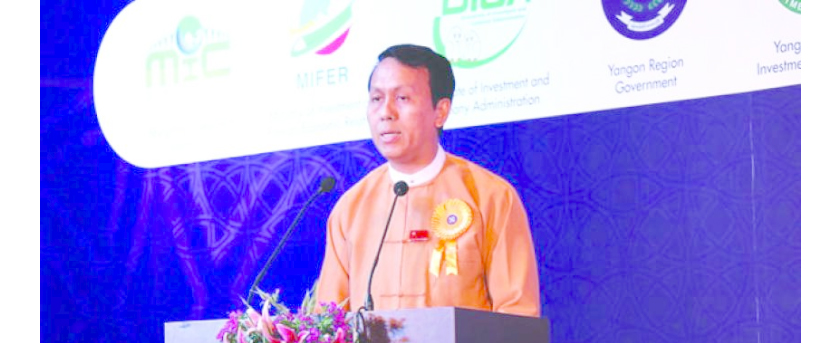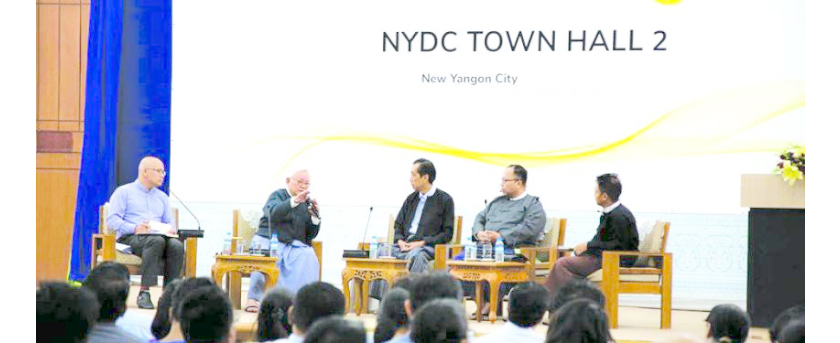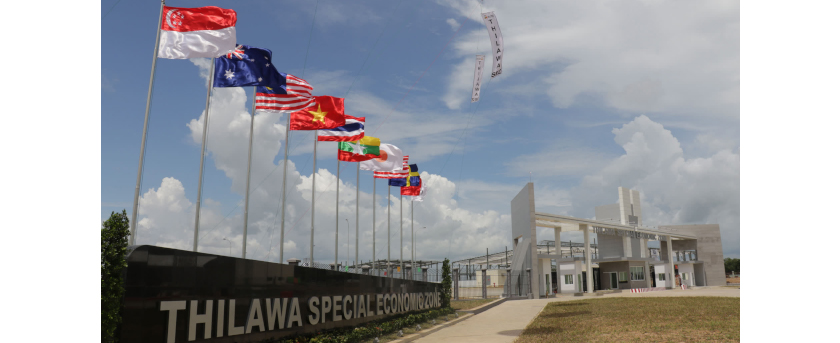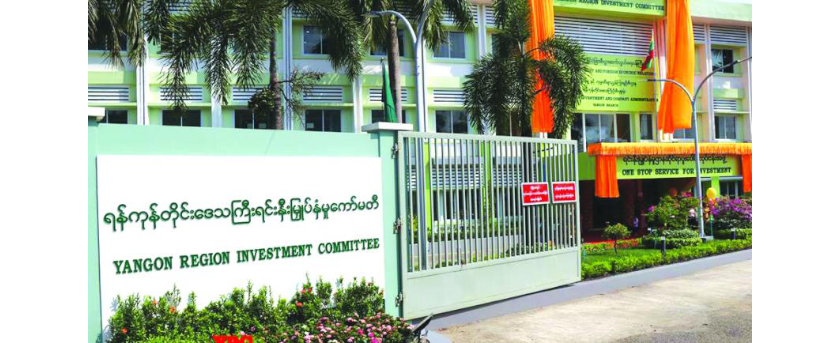
Myanmar News Updated
Highlight Myanmar News

80 Priority Projects Unveiled by Yangon Regional Government
![]() 21/05/2019
21/05/2019
AUTHOR: SWE LEI MON
Yangon’s Regional Government has introduced to the public its plans for 80 priority projects in the Yangon Region. The initiative spreads across multiple sectors, including real estate, industrial zones, roads, ports, and other urban infrastructure developments. It is to be financed by the Yangon Project Bank, and hopes to evoke more participation from the private sector in these infrastructure improvements.
U Phyo Min Thein, Chief Minister of Yangon Region, said: “These projects are for the development of Yangon Region, and will further the entire nation’s interests. We are prepared to start work using various project funding sources. These include the state budget, multilateral and bilateral development assistance, and public/private partnership schemes.”
Among the 80 projects announced by the regional government are $8 billion for the New Yangon City Project, $900 million for the Yangon Outer Ring/Inner Ring Road Project, and $1 billion for the Eco Green City Project.
The projects will be jointly overseen by the Yangon Regional Government, Yangon City Development Committee, Yangon Region Ministry of Municipal Affairs, Union Ministry of Construction, and the Union Ministry of Transport and Communication. The field projects will include new city development, housing redevelopment, industrial zones, ports, aquaculture, agriculture, and education.
U Phyo Min Thein told us that although Yangon comprises less than one percent of Myanmar’s land mass, it is home to ten percent of the country’s population. It contributes a quarter of the nation’s gross domestic product (GDP), and generates more tax revenue than all of the other regions and states. The total taxes Yaongon generated in 2016 was over K700 billion, and in 2017 it took in another K400 billion.
The Yangon Regional Government is also welcoming local and foreign investment in these infrastructure enhancements, recognizing the need to make use of expertise and resources found only in the private sector.
Related News
-

How NYDC Develops New Yangon City Sustainably
AUTHOR: EI THANDAR TUN For the scoping of the environmental study perimeter for New Yangon City project, the NYDC team has conducted several discussions with relevant specialists and officers from the Ministry of Natural Resources and Environmental Conservation (MONREC) - Environmental Conservation Department (ECD) since mid-2018.
Read More 01/05/2019
01/05/2019 -

Myanmar Permits Over 100 Foreign Investments in 5 Months
AUTHOR: XINHUA Myanmar Investment Committee (MIC) permitted 109 foreign investments as of February in present fiscal year 2018-2019 which started in October last year, according to the Directorate of Investment and Company Administration.
Read More 02/04/2019
02/04/2019 -

DICA Opens One Stop Service Center
AUTHOR: EI THANDAR TUN Myanmar’s overall ranking in the World Bank’s 2019 Ease of Doing Business Index stands at 171 out of 189 countries. In order to improve this ranking, the Directorate of Investment and Company Administration (DICA) launched a One Stop Service Center at Sein Le May Avenue, Kabar Aye Bagoda Road, Yakin Township in Yangon on March 24.
Read More 02/04/2019
02/04/2019
